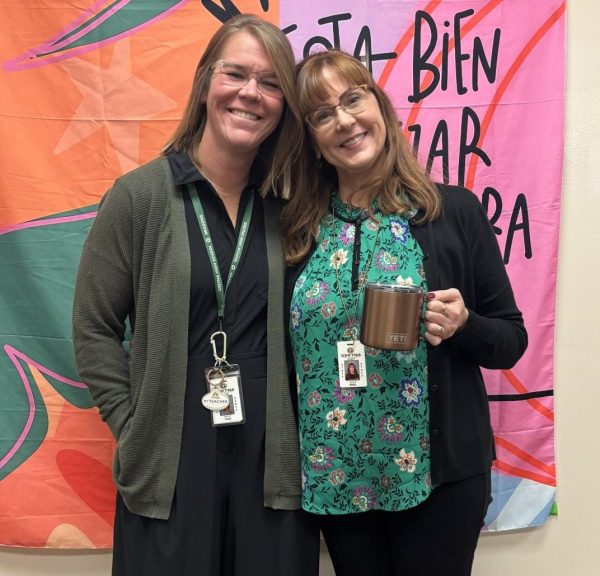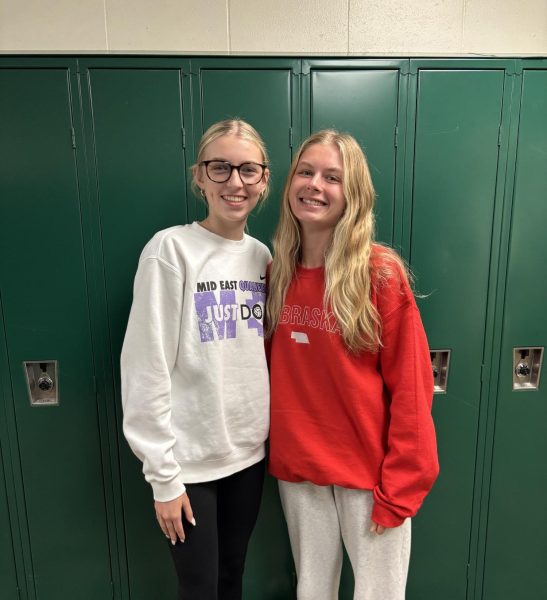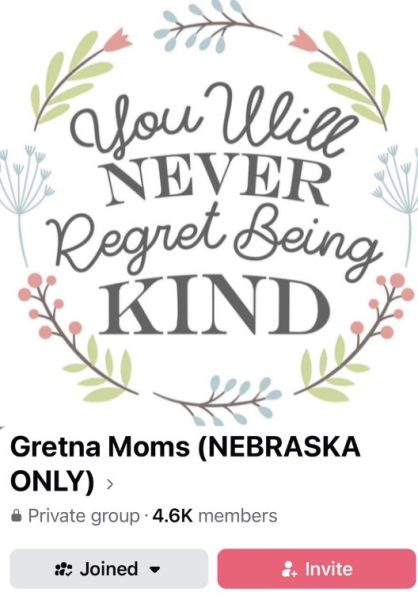It’s OK to Not be OK
Part of a series on mental health
There is an undeniable fact that teens struggle with thoughts of suicide. The CDC concluded that suicide increased 38% between 2015 and 2019 in Nebraska, and it was estimated by the Mental Health Organization in 2022 that 60% of youth with depression do not receive the mental health treatment they need. One of the most prominent reasons that students’ mental health goes untreated is because of the stigma that causes people to be afraid to talk about their struggles.
“Sometimes it’s seen as a form of weakness, and sometimes it’s just not having a support system,” Spanish teacher Ms. Maria Mendick said. “I think that it’s very important that there is someone they can trust and talk to if a student is going through something with their mental health.”
The counseling staff always encourages students to reach out for help if they are struggling, but many don’t always know how to or are fearful of what might happen if they do.
“I wouldn’t talk to my parents because I knew they were going to send me somewhere when it got really bad, so I just didn’t want to tell anybody,” senior Kailey Roberg said. “I realize now that wasn’t the best idea.”
Roberg has been very open about her experience with mental health and advocates on social media. She shares her opinion and first hand experiences with her teachers and peers.
Not all students have access to the help they may need at home, so they rely on the help they need at school. However some feel as though the school does not do as much as they should for students who are struggling. They said they believe the school should provide a better support system and do more to destigmatize the topic.
“They probably could just support kids more,” senior Abby Turpen said. “Some teachers don’t understand it very well, but also there are some teachers that are really, really good about it.”
Many know the saying “actions speak louder than words.” As of now, mental health and suicide prevention is a touchy topic for many. The counseling staff has said they have hopes to create more resources for students and a safe space for those who need it.
“Sometimes people hear the word suicide and think that that in itself is a scary word to talk about, but actually, not talking about it makes it worse,” school phyciatrist Mrs. Cassie Benak said. “There are walks around the Omaha Metro area that people can be part of, and a hope is after we do this empowerment group we can get a Hope Squad here at Gretna.”
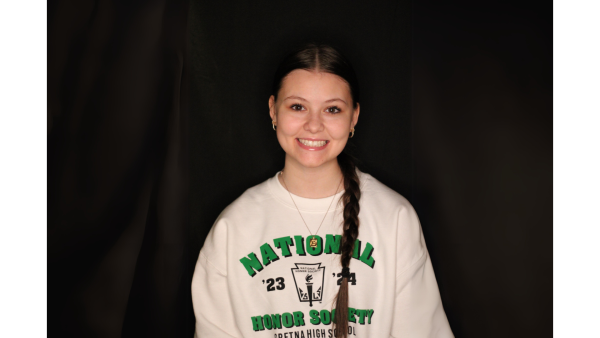
Cadee McCoid is a junior at GHS and this is her third year with Gretna Media. She serves as a co-editor. She is involved in journalism because she wants...
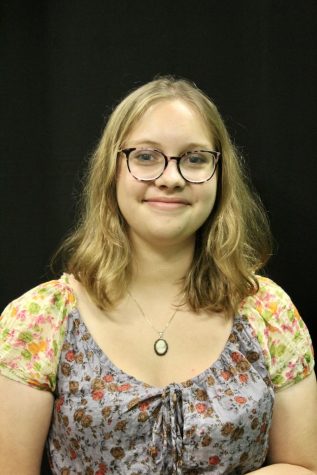
Onnika Moore is a sophomore at GHS and is in her second year in the journalism program. She serves as a reporter for Gretna Media. She is involved in journalism...





